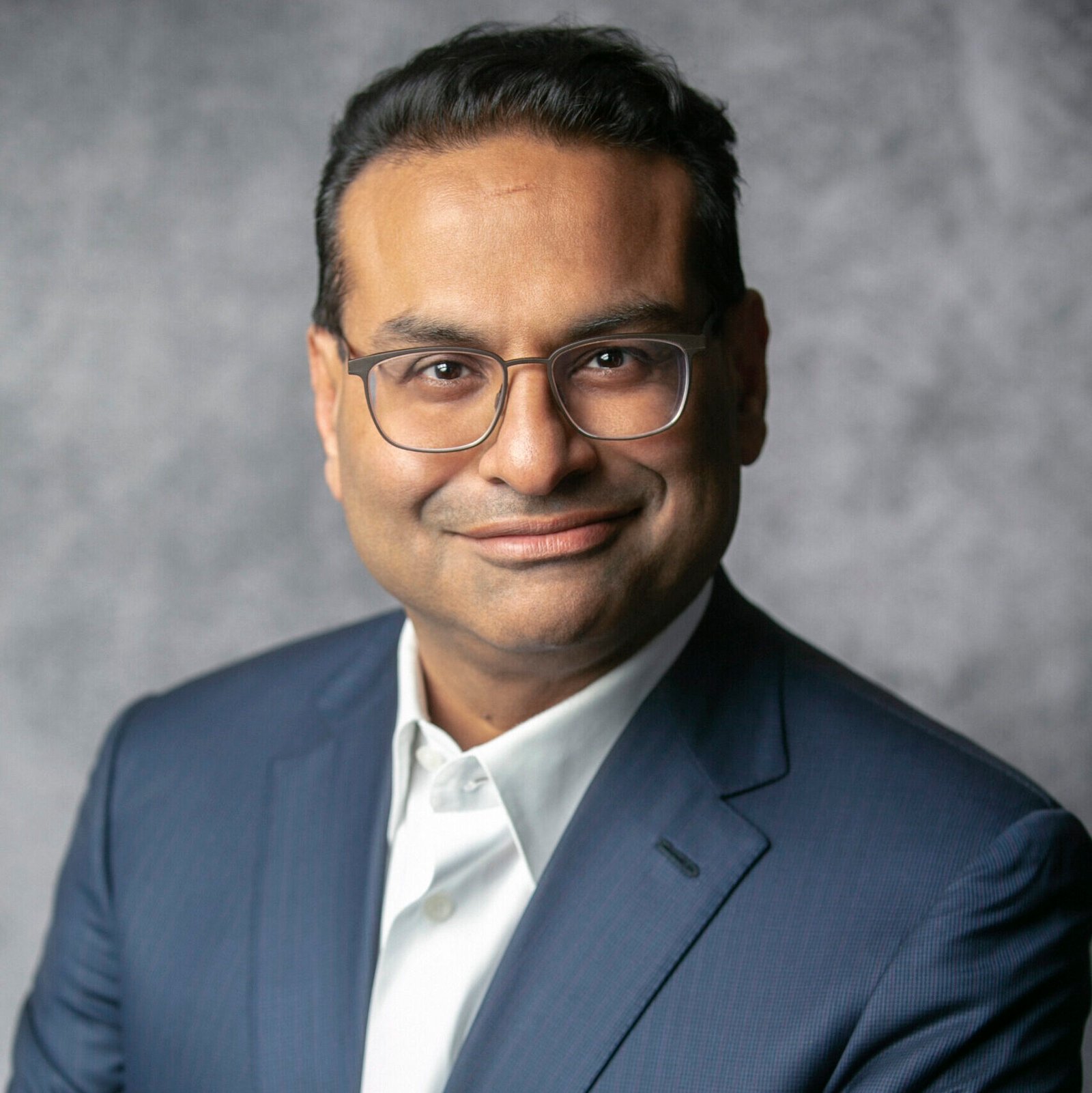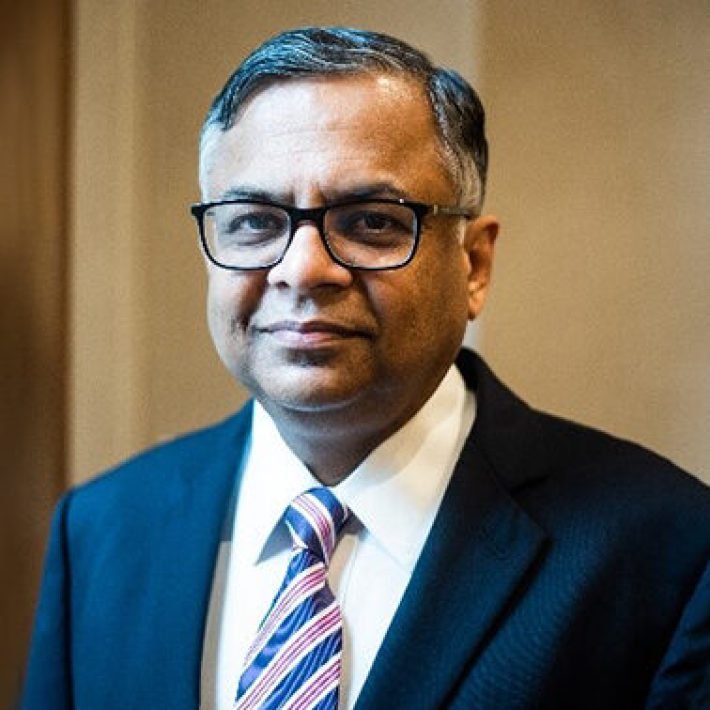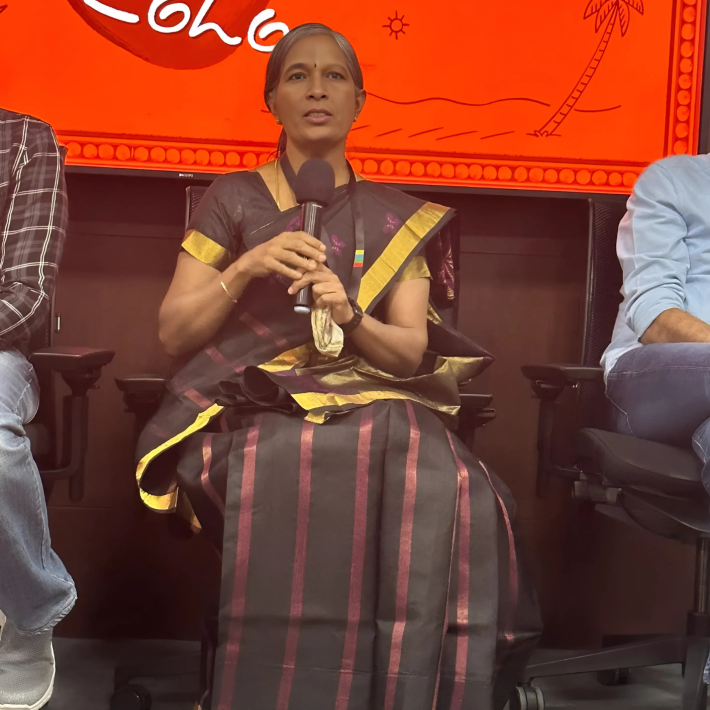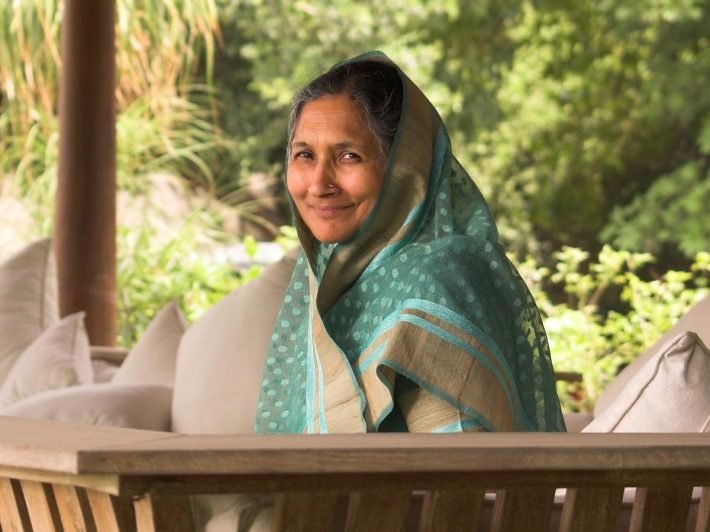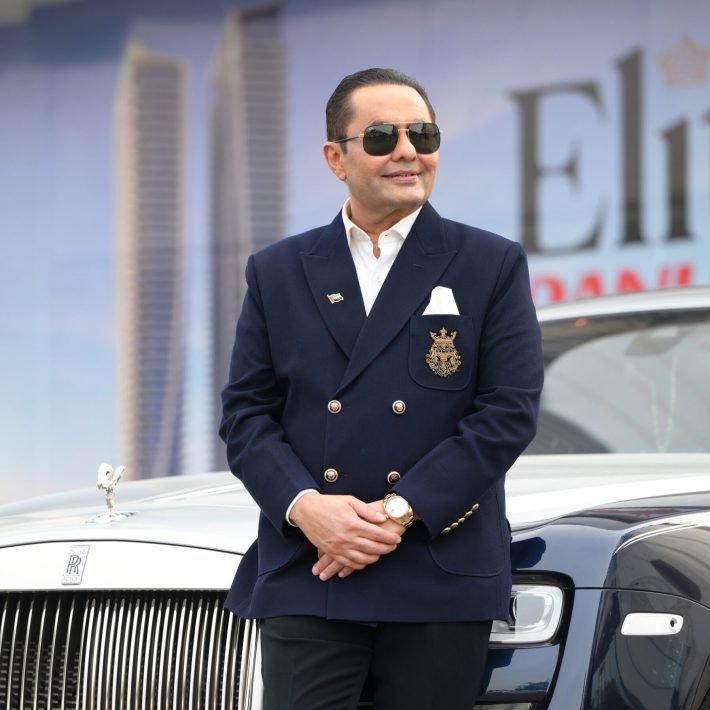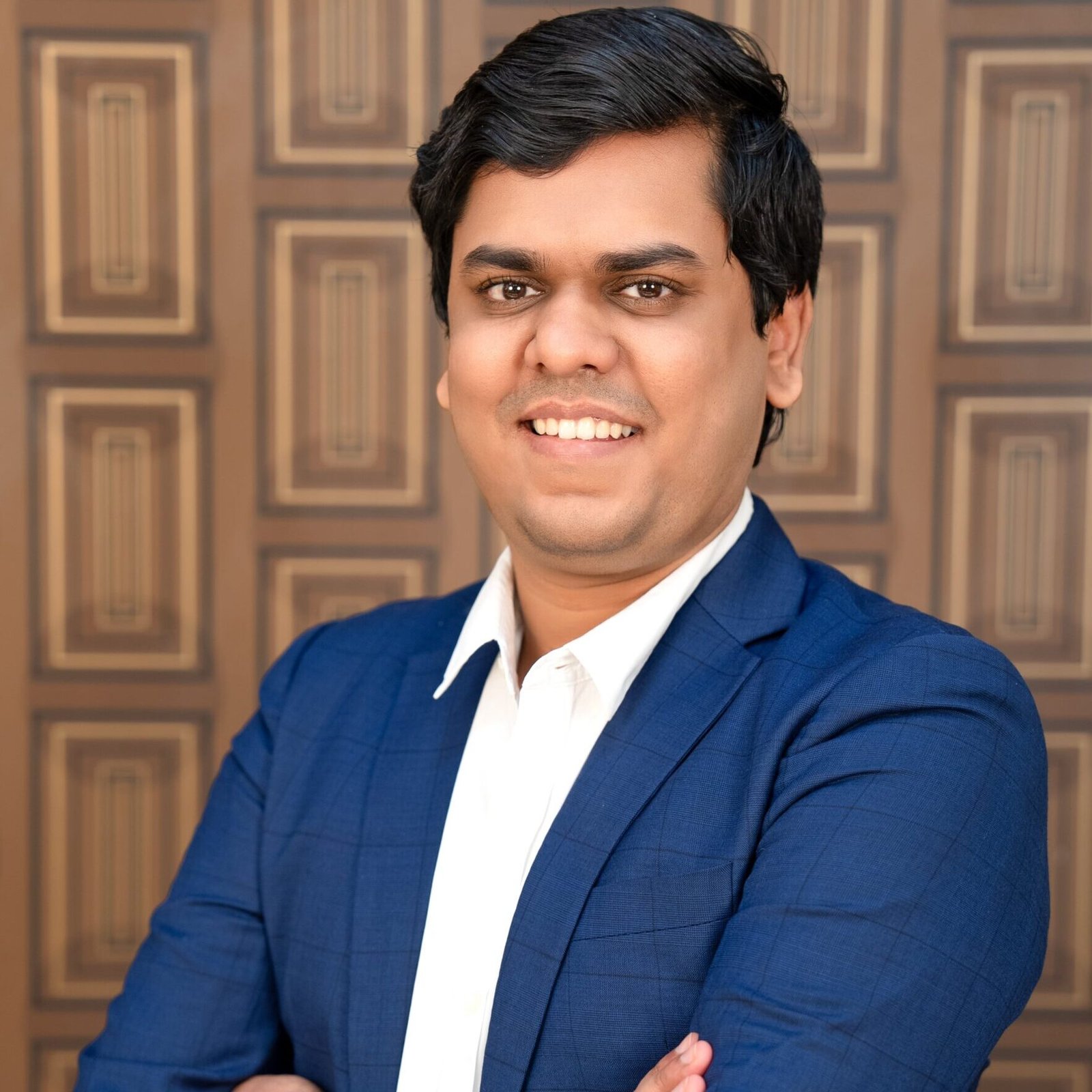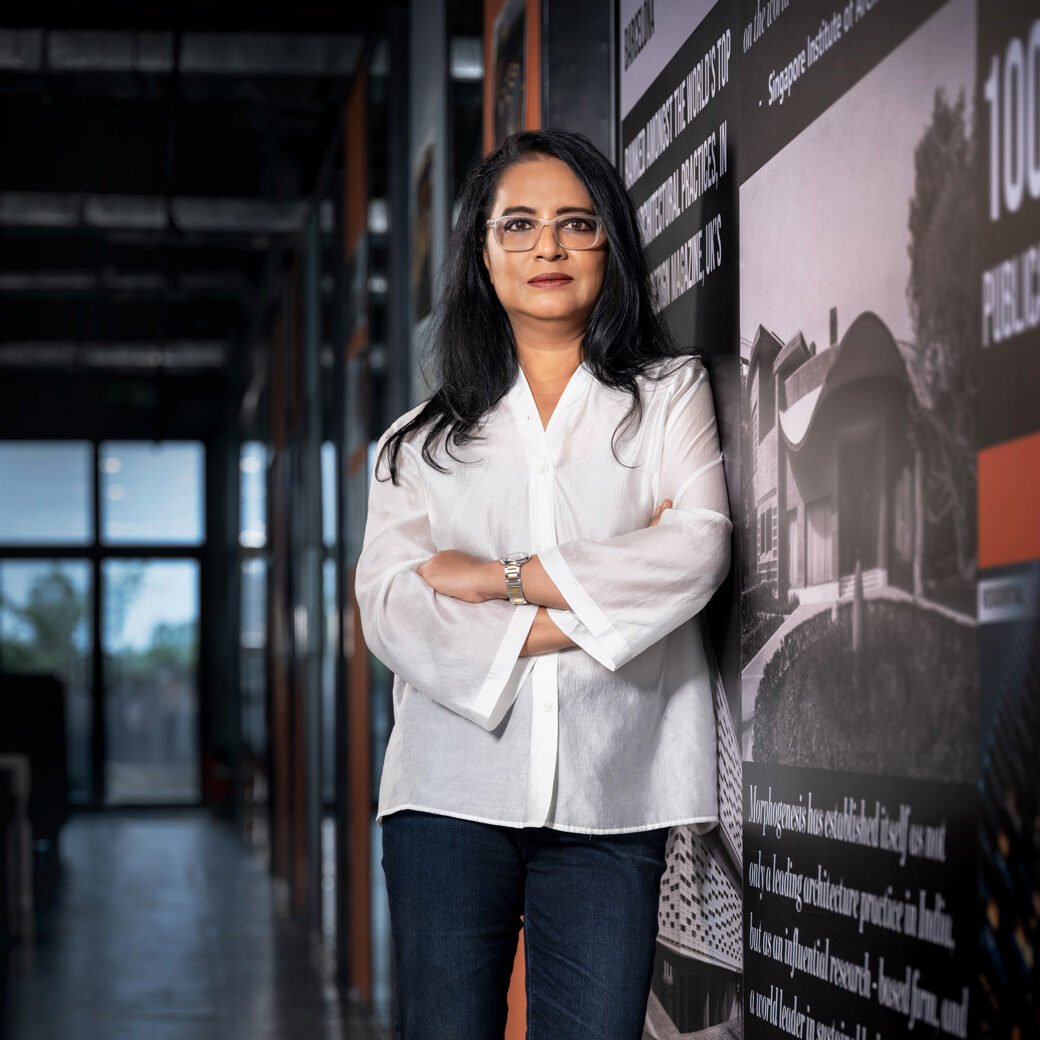Starbucks’ Indian-born Global CEO Laxman Narasimhan is powering ahead with his ‘Triple Shot Reinvention’ strategy to accelerate growth.
By Nichola Marie
“As a business that is anchored in human connection, the opportunities that we have are limitless. But in order for us to get limitless, we need to confront what limits us.”

Here’s a cool fact: Last year, Starbucks India opened one store every five days. Even more astonishing, it wants to raise that figure to one store every three days! With the Pune-bred, Seattle-based Global CEO Laxman Narasimhan at the helm, that will probably be as easy as pie (to go with their famous coffee ☺).
A consumer industry veteran, Narasimhan has succeeded in rallying talent to deliver on future ambitions by driving customer-centric and digital innovations. Joining Starbucks as interim CEO in October 2022, and succeeding Howard Schultz as CEO in April 2023, he also has grand plans for India. In an interview with CNBCTV18, he shared, “This is an iconic brand, and it’s a brand that is founded on this idea of human connection. It is a brand that is founded on the idea that even in a polarised world, you have the ability to create a third place – a place where people can come and feel belonging and feel joy, and essentially advance the conversation forward, with the ability to converse, to connect.”
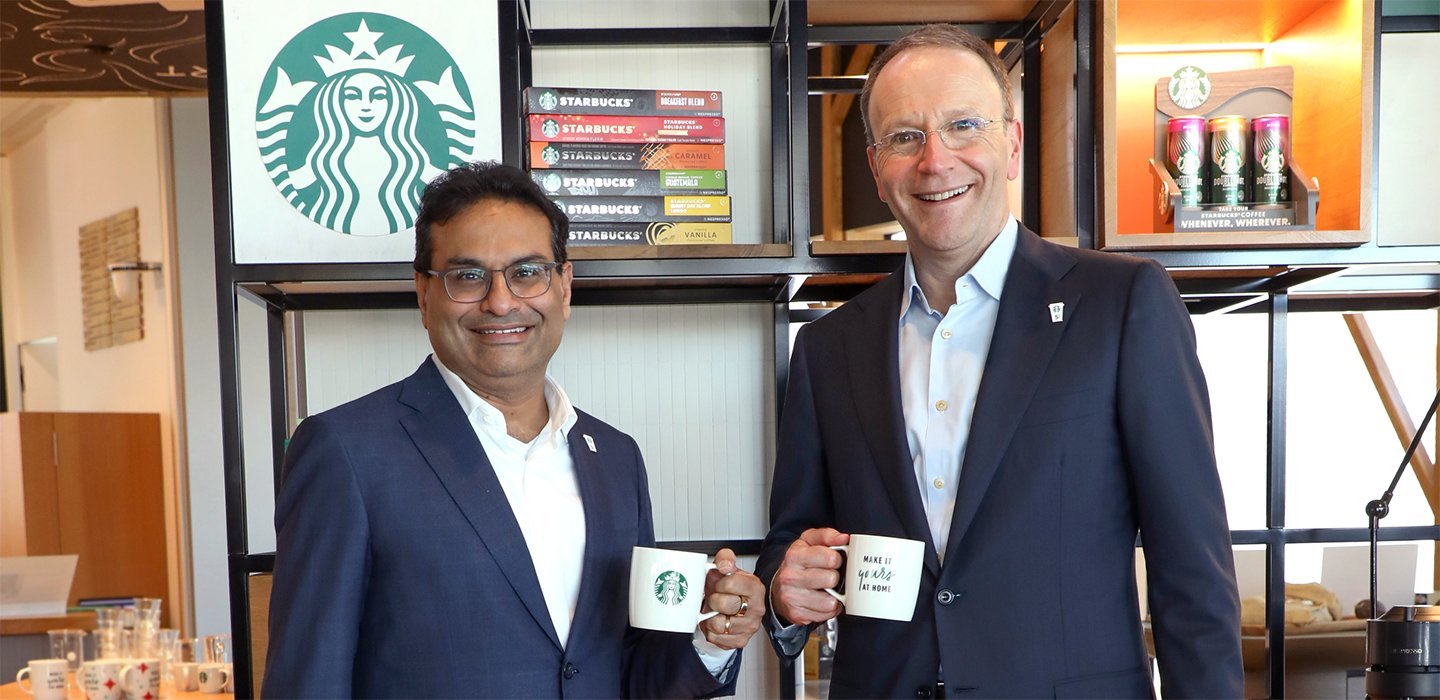
Working to build on the ‘feeling of home’ in the expansion of Starbucks’ pan India footprint, he counts the stores as the reason why he works and stays connected to the brand’s 4,60,000 partnerships (that’s how Starbucks refers to its employees), including its 10-year-old partnership with the Tata Group. His ‘Triple Shot Reinvention’ strategy to accelerate growth, he explains, assures 5% growth in the long term, double-digit revenue growth, and earnings growth in the 50% plus range. “All that put together helps us in a creative financial result. While doing so, we meet the needs of all the stakeholders: We have partners, customers, the farmers and coffee, the community, as well as the environment,” he says. Incidentally, Starbucks’ India business has already crossed the ₹1,000 crore revenue mark through just 390 stores.
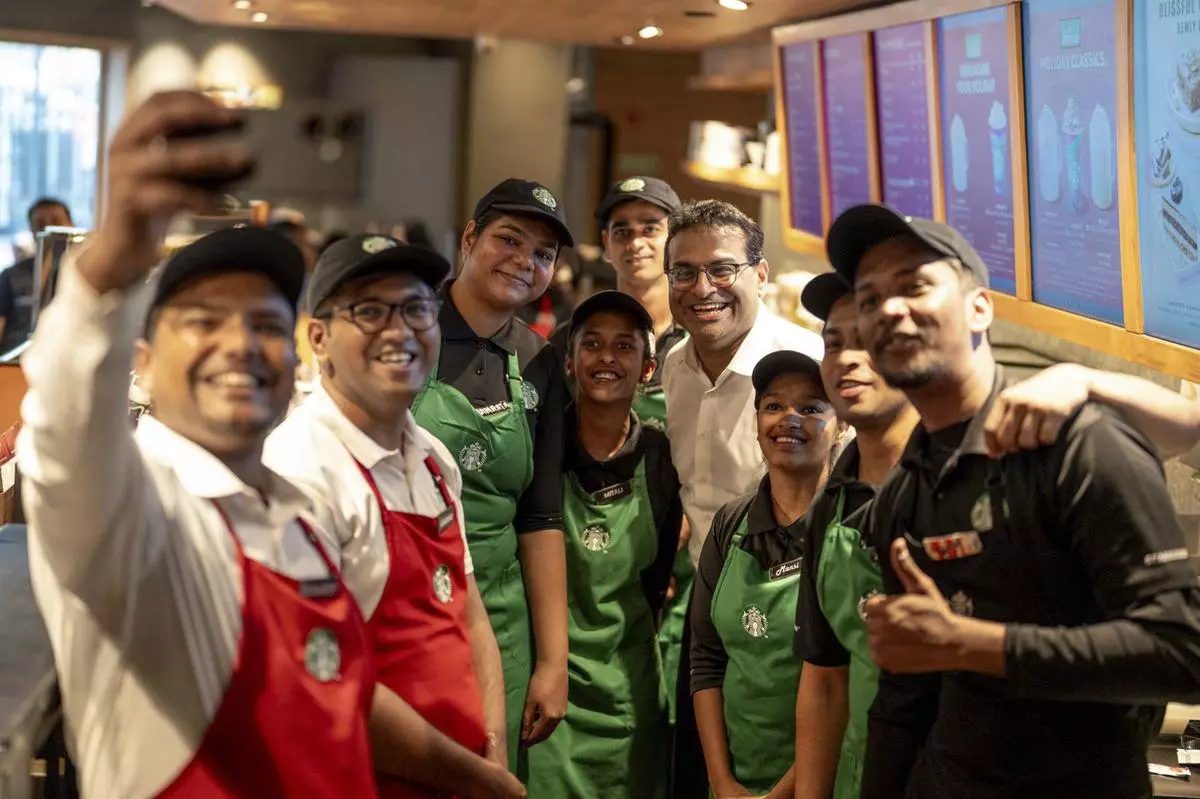
The figure is set to rise. But alongside, the brand is also focusing on another agenda: That of including products to cater to Indian taste buds and aspirations, as well as taking the taste and flavours of India to the rest of the world. For India, besides working on things that are accessible, the Picco price point, and the filter coffee, the Starbucks Reserve Monsooned Malabar will also be in all US stores by the middle of the year. Besides building a stronger back-end, powered by digitisation and even Artificial Intelligence (AI) for a smooth supply chain system, the focus remains on quality coffee, and working with over half a million farmer partners to enhance output, while taking these knowledge points to two million farmers more and making a further dent in India’s sizeable tea-drinking population.
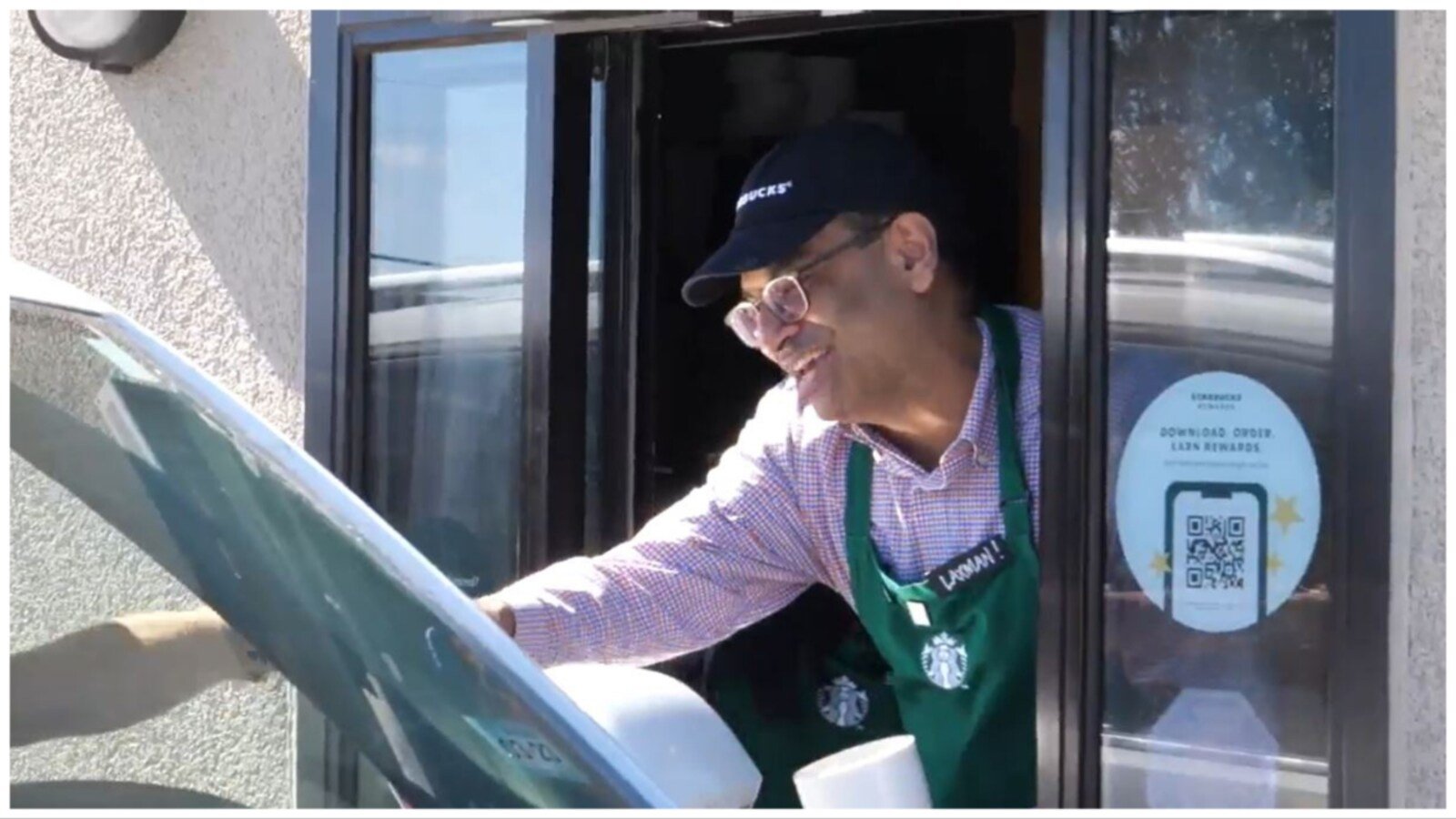
Viewing high-growth, under-penetrated global markets like India as the third stool the company sits on, he points out that Starbucks has a very long-term view of investments and returns. He adds, “In terms of stores, India is at about 400 stores, but we have 38,000 stores globally. Our plan is to get to 55,000 stores over the course of the next five years, with three out of the four stores being outside of the US – India will also have a big role in this.”
It goes without saying, Narasimhan will have the biggest role in this!
Bright Beginnings
A trusted leader, Narasimhan brings nearly 30 years of experience leading and advising global consumer goods businesses. Known for his considerable operational and transformational expertise, he has a proven track record in developing and growing purpose-led brands.
Born on May 15, 1967, in Pune, India, into a Maharashtrian Hindu family, he earned a degree in mechanical engineering from the College of Engineering, Pune, followed by an MA in German and International Studies from The Lauder Institute at the University of Pennsylvania, and an MBA in Finance from The Wharton School, University of Pennsylvania.

He would spend 19 years at McKinsey & Company, where he advised companies across the retail, consumer goods, and healthcare industries in the US, Asia, and India. He co-led McKinsey’s Global Consumer and Shopper Insights Practice, co-led McKinsey’s Global Retail Knowledge Council, helped co-found McKinsey’s Branding Practice, and ran McKinsey’s Consumer Practices in Cleveland, the West Coast of the US, and India.
He would serve as an executive in various leadership roles at PepsiCo, including as Global Chief Commercial Officer, where he was responsible for the company’s long-term growth strategy and commercial capabilities. He also served as CEO of the company’s Latin America, Europe, and Sub-Saharan Africa operations, where he ran the company’s food and beverage businesses across over 100 countries. He also spent time as CEO of PepsiCo Latin America and as the CFO of PepsiCo Americas Foods.
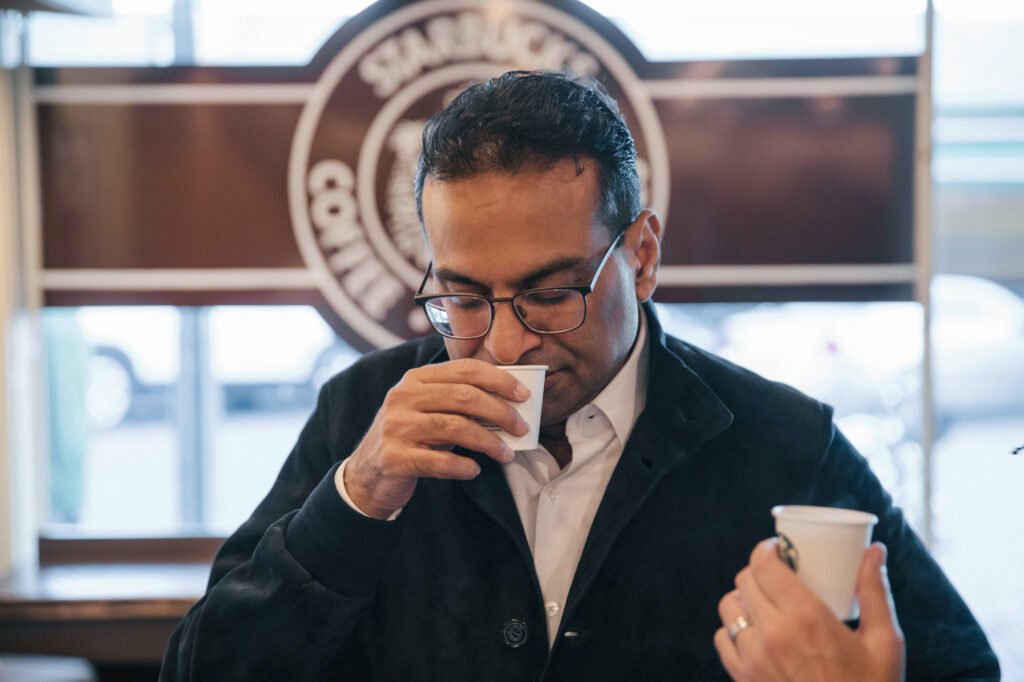
At Reckitt, he served as Chief Executive Officer of the multinational consumer health, hygiene and nutrition company, leading it through a major transformation and a return to sustainable growth. This included launching a company-wide effort to anchor Reckitt’s consumer brands in higher-demand spaces, re-imagining some of the company’s most notable labels, introducing new customers to core brands that are critical to Reckitt’s heritage and history, and doubling the size of Reckitt’s e-commerce business since he took the helm.
Building on the rich and complex histories of the storied companies he has worked with, Narasimhan stirred things up at the coffee chain Starbucks with a careful eye towards global expansion and beyond. As an article in ‘Forbes’ of November 2023 noted, in just over a year at the company and eight months into his CEO seat, Narasimhan had already begun to deliver on that promise. The stock was up more than 12% from the year ago period, while the company had also reported Q4 quarterly earnings and revenue that topped analysts’ expectations, fueled by strong US demand for pricier drinks, prompting a boost in company shares.
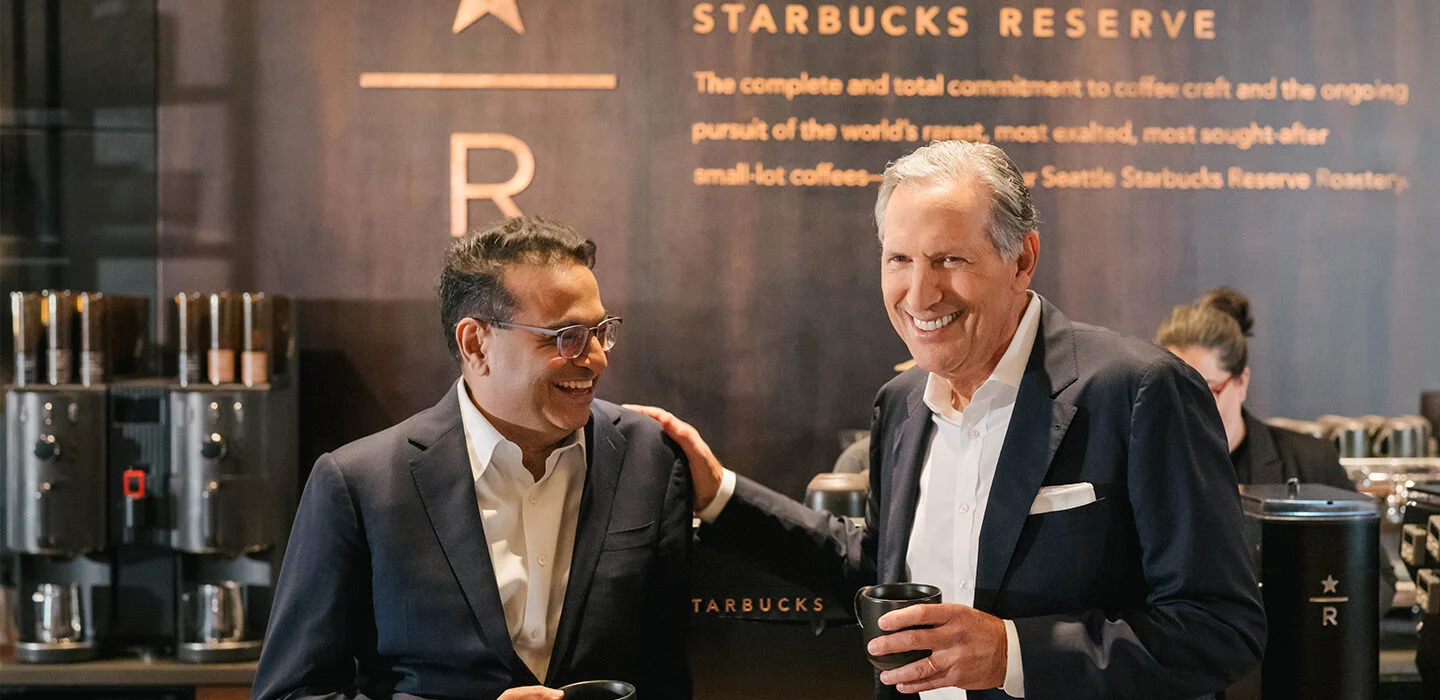
Speaking about his leadership style, in the same interview, he shared, “I learned a lot from Howard (Schultz, Founder) over the course of this transition. I think the biggest message really is the centrality of the partner experience. It fit a lot with who I am as a person as well because I am a people collector, so the idea of spending time in stores was a really good one. …We come from an Asian tradition of respecting elders and respecting history and heritage. I respect the heritage a lot — so I think my leadership is very people-anchored.” Not surprising, given the advice he had given those attending his ‘Fireside Chat’: “Don’t forget where you came from.” It is advice he himself follows closely.
Did You Know?
- His biggest inspiration is his mother, a former primary school teacher at JN Petit Technical High School, Pune.
- He has faced two heart-wrenching tragedies with the passing of both his siblings. As a small child, he often would wake up in the morning in unfamiliar surroundings (at a friend or neighbour’s house) as his parents would often rush to the hospital in the middle of the night. He believes this created his innate ability to connect with people from all walks of life in any surroundings.
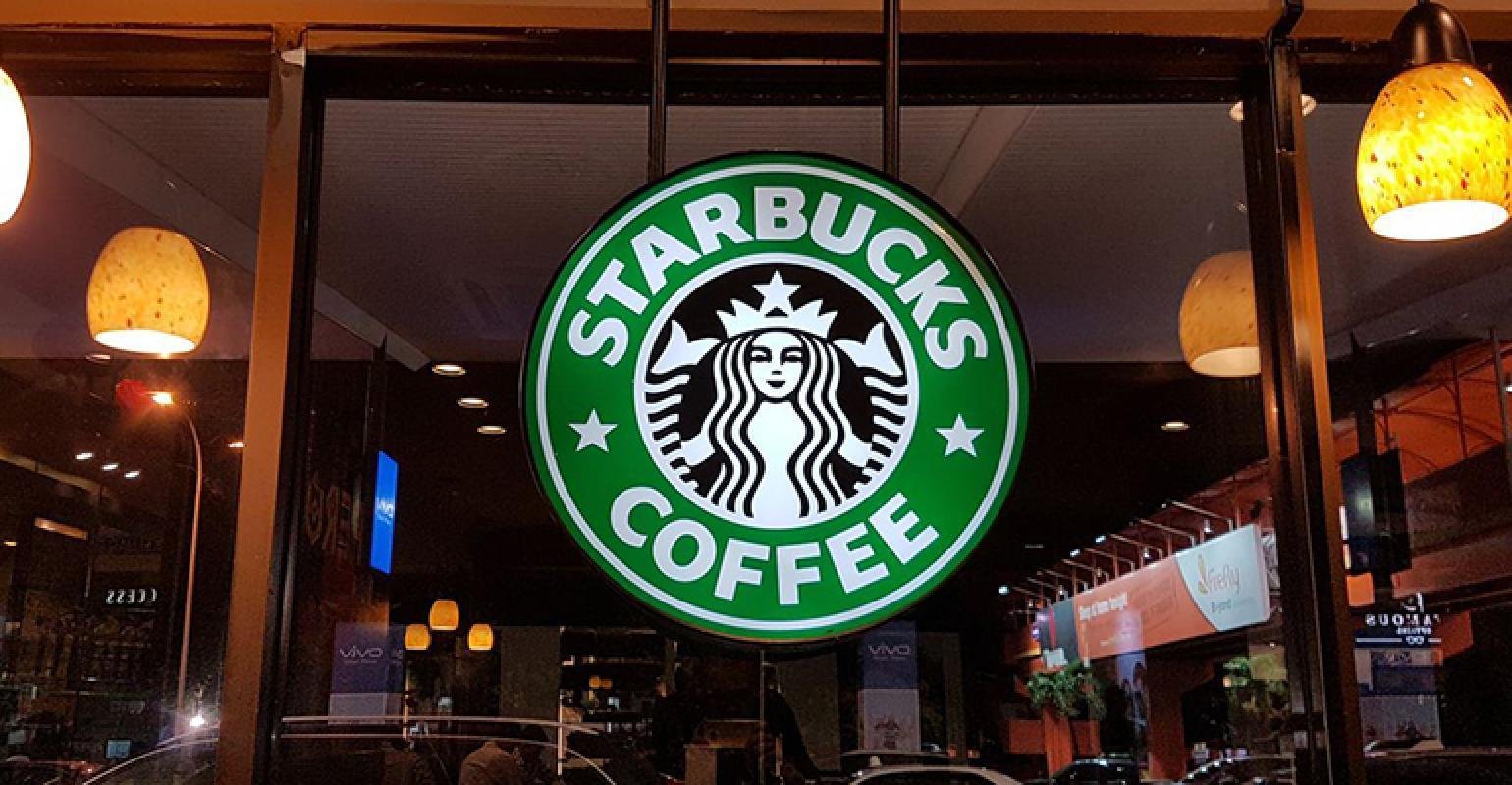
- He had to sell things and borrow money to arrange for his visa and studies abroad. During summer school in Germany, he had money for just one meal and ended up losing 10 pounds of weight, an experience that taught him resilience.
- His preferred Starbucks beverage is a doppio espresso macchiato with hot skim milk on the side.
- Graduating from a green apron (beginner) to a black apron after a six-month immersion programme at Starbucks, he serves as a barista once a month, making coffee at a different store each time.
- He speaks six languages.

- He is a trustee of the Brookings Institution, a member of the Council on Foreign Relations, a member of the UK Prime Minister’s Build Back Better Council and a member of Verizon’s Board of Directors. He is also on the board of the US-China Business Council.
- He and his family have lived around the world, as he has worked across the US, Canada, Latin America, Europe, Asia and Africa.
- He and his wife Vidhya are parents to two children.
